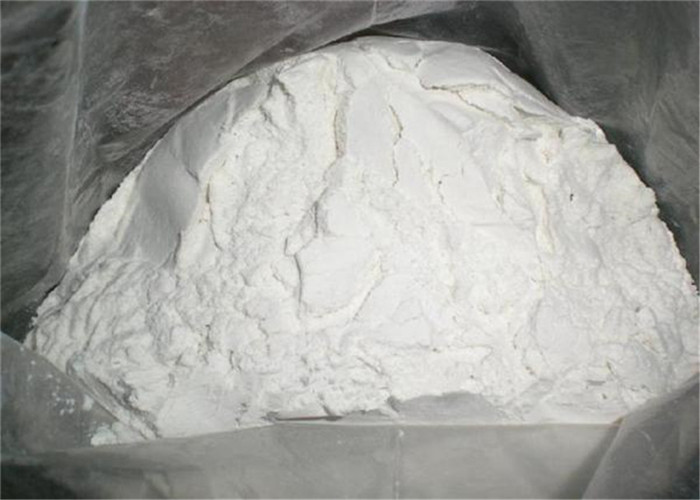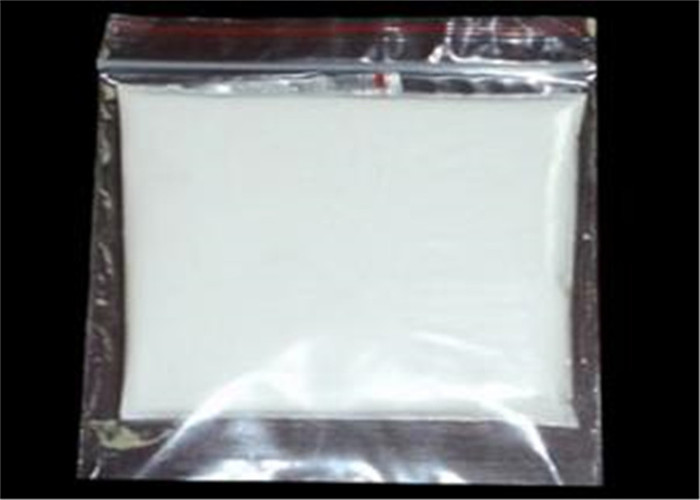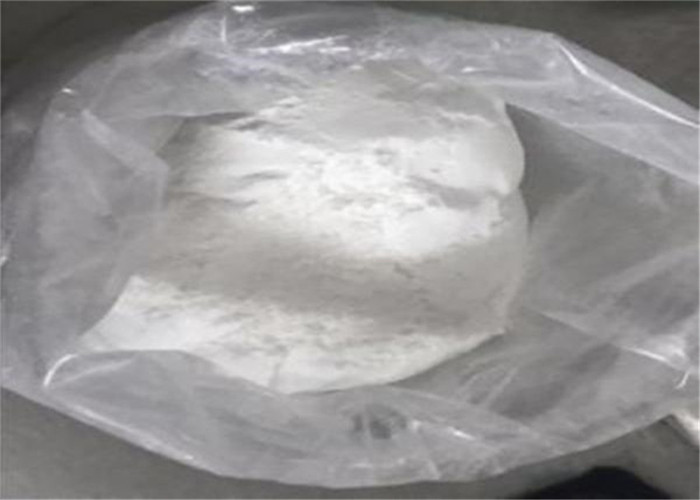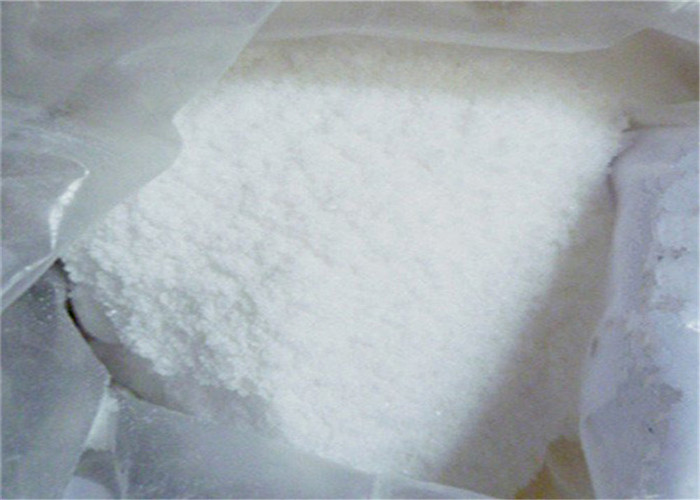Pharmaceutical Grade Nootropic Drugs Choline Chloride Factory Sale
Basic information:
Choline chloride
Synonyms: (2-hydroxyethyl)trimethyl-ammoniuchloride;(beta-Hydroxyethyl)trimethylammonium chloride;(beta-hydroxyethyl)trimethylammoniumchloride;2-hydroxy-n,n,n-trimethyl-ethanaminiuchloride;Ammonium, (2-hydroxyethyl)trimethyl-, chloride;Bilineurin chloride;bilineurinchloride;Biocoline
CAS: 67-48-1
MF: C5H14ClNO
MW: 139.62
EINECS: 200-655-4
Description
In your body, choline is an essential nutrient. The structural integrity of cell membranes–as well as cell signaling, neurotransmission, muscle function and fat transport–all require choline. Choline is also a source of methyl groups, a specific chemical group containing one carbon atom and three hydrogen atoms. Methyl groups are required for a variety of chemical reactions in your body.
During fetal development, choline influences stem cell proliferation and apoptosis, also known as programmed cell death, which is essential for brain and spinal cord structure and function, decreasing neural tube defects and increasing memory function. You can synthesize choline directly in your body, but humans also often obtain it through their diets. Dietary intake of choline needs vary among individuals. Men and postmenopausal women experience signs of organ dysfunction with insufficient dietary choline, while less than half of premenopausal women develop such signs.
Functions & EffectS:
Choline chloride is one kind of vitamins (often called as vitamin B4), a necessary organic compound with a low molecular weight. It is the most common and economical form of choline and the main ingredients of constituted phospholipids, lecithin and plasmalogen. It is associated with the metabolism and synthesis of glycine, betaine, cysteine, serine, methionine and many other methyl containing biological compounds;
Choline chloride can build and keep the cell structure, maintain vivo physiological function, regulate fat metabolism and transformation in vivo to stimulate the liver, generate antibodies, prevent liver or stomach fat deposition and tissue degeneration;
Choline chloride may contribute to the reformation of amino acids in the body and improve the utilization of amino acids in animals.
Though choline chloride is present in almost all feed ingredients, yet choline from natural feed materials are relatively low bio-available and could not cover the daily requirement on it. It is necessary to supply extraneous choline to fulfill the demand on animals’ normal growth performance.













 Sales Manager
Sales Manager